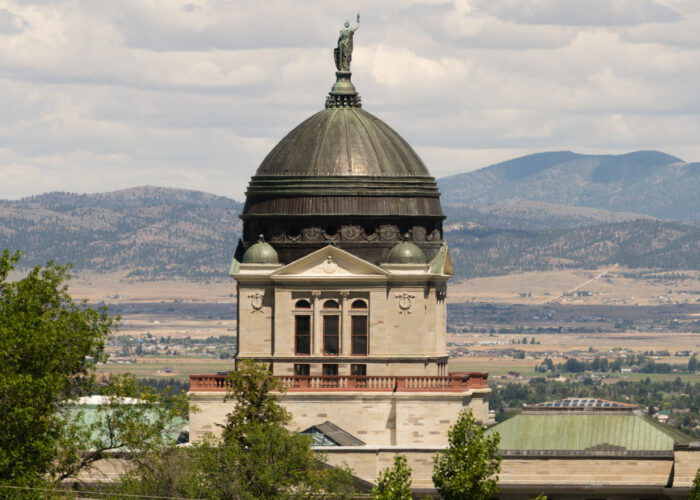HELENA — Montana legislators are poised to make a pivotal decision regarding the convening of a special session early next year to address tax-related matters, notably the resolution of a property tax dispute by the state Supreme Court. The Montana Freedom Caucus, comprising fervently conservative Republican lawmakers, formally requested a special session on January 15, primarily focused on tax relief. The Montana Secretary of State’s Office spokesperson confirmed that the request aligns with state law, and ballots will be sent to all lawmakers by Friday. A minimum of 76 votes is required from the Legislature to authorize the special session.
The Freedom Caucus outlined four proposed pieces of legislation in a press release. This includes addressing the ongoing debate over school equalization property tax mills, commonly referred to as the “95 mills,” which represents the state-determined portion of property taxes. The recent Montana Supreme Court ruling mandated that counties must adhere to the full amount of mills calculated by the Department of Revenue, rejecting arguments for capping them based on inflation.
The Freedom Caucus advocates changing state law to align with counties’ perspectives on capping equalization mills and proposes reducing the total mills from 95 to 85 to alleviate tax burdens. Additionally, they call for returning the state’s projected surplus of approximately $230 million to taxpayers and suggest a referendum on an automatic surplus revenue return system without requiring legislative action.
Democratic legislative leaders issued a statement opposing the proposed special session. Notably, 49 out of 56 counties voted to charge 77.9 equalization mills this year, reflecting county leaders’ belief in an appropriate cap for the state share. Each additional mill translates to $1 in taxes per $1,000 of a property’s taxable value. The potential impact of charging 95 mills instead of 77.9 includes an approximate $70 increase in property taxes for a $300,000 home and an additional $80 million in revenue statewide.
Governor Greg Gianforte responded to the Supreme Court’s ruling, expressing appreciation for the clarity it brings to the law around the 95 public school mills. He reiterated the state’s commitment to ensuring quality education while acknowledging the need to address high property taxes. Gianforte emphasized the short-term relief provided by the $1,350 property tax rebate and his dedication to long-term reforms for minimizing property taxes.

